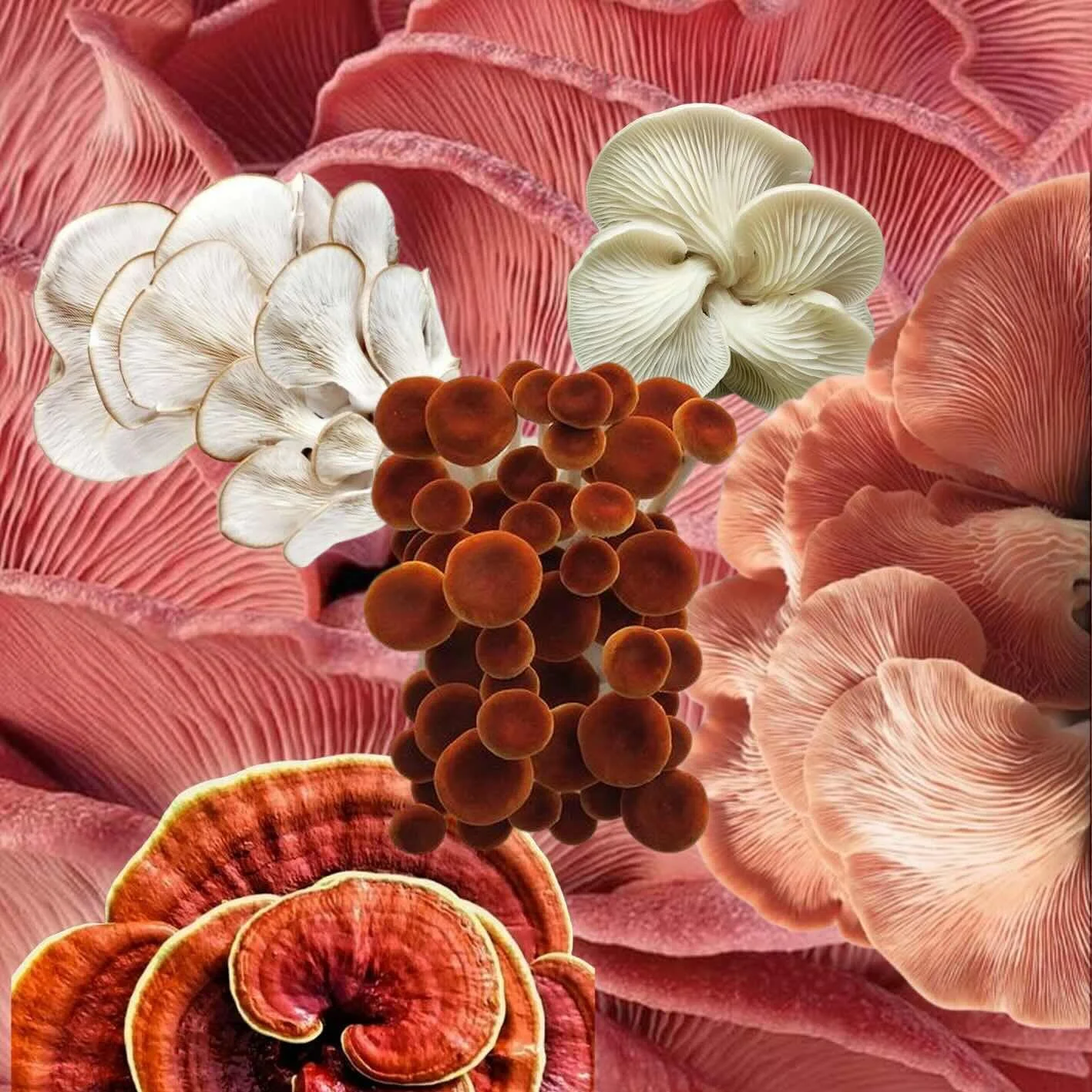We are staunch coffee lovers at BeautyEQ, and quite frankly, it's the only way to start the say. First, however, if it's the energy-boosting benefits you need, is that coffee jolt still working for you? Keep reading to learn more.
“Is coffee is good for you? Caffeine stimulates your nervous system, and signals the body to break down fat cells - which is why it’s good to have a cup of coffee before exercise. In addition, one cup is full of skin-loving nutrients, vitamin B2, B5, B3 (niacinamide), potassium and magnesium. Studies show it may also lower your risk of diseases like diabetes, Parkinson’s disease and Alzheimer’s. It can also boost your mental health - in a good way. A Harvard study found women who drank four or more cups of coffee per day had a 20 per cent lower risk of becoming depressed.”
Image BeautyEQ
You've built up a high tolerance
Who knew? According to nutrition and epidemiology expert Rob van Dam, MD, if coffee used to do the job of keeping you energised, but now it just isn't doing the trick, it could be because you've built up a high tolerance. "People develop some tolerance to caffeine when they regularly consume it. That means that over time the same amount of caffeine will tend to have less effect." While Ronald Chervin, MD, a professor of neurology and sleep medicine at the University of Michigan, agrees. "If you have caffeine once or twice a week, you aren't going to build up a tolerance, but if you have coffee and then other sources of caffeine every day, you do build up a high tolerance. People who drink coffee every day often get headaches when they give it up; it's a sign of caffeine withdrawal." If you want to cut down, integrate non-caffeinated drinks into your day, try replacing one coffee with a cup of decaf or herbal tea.
You're using it as a substitute for sleep
As a sleep doctor, Chervin says one problem he sees with coffee is that many people rely on it to power their day when they need more sleep. "You have to think about why you may be turning to coffee in the first place; it's likely people who are already tired. Coffee is often used as a substitute for sleep, consumed when you go to bed later or wake up earlier than you would without coffee." Dr. van Dam says, "Instead of a cup of coffee in the afternoon, to boost your energy levels, it would be more energising is taking a power nap. "A fifteen to twenty-minute nap works wonders for some people; anything longer than this could make you feel drowsy." And bonus, you won't have any caffeine in your system when you're heading to bed that evening.
Don't drink coffee too late in the day
Having caffeine in your system when your head hits the pillow can keep you up at night. "People may have difficulty falling asleep if they drink coffee too late in the day," says Dr. van Dam says. So, why can some people have an espresso with dinner and fall asleep, no problem? "Different people metabolise caffeine at different speeds. So, if you metabolise caffeine quickly, it won't affect your sleep as much as someone who metabolises it slowly."
Here's the bottom line: Coffee can be a helpful way to boost energy when used once in a while. But if you become too dependent on it, it will lose its effectiveness and backfire, making you feel tired. Let's face it, no drink or drug in the world can replace the feeling of a great night's sleep, right?











Celebrate a lazy weekend in style.